Alphabet Inc.’s Google might face a major shake-up as the US Department of Justice (DoJ) considers forcing the tech giant to sell its widely used Chrome browser. This drastic measure aims to dismantle Google’s monopoly in the internet search and advertising markets.

Why Is Google Under Scrutiny?
The Department of Justice’s Case Against Google
The DoJ has accused Google of monopolistic practices in the online search market. This case, initiated during Donald Trump’s presidency, claims that Google unfairly dominates the market through exclusive agreements and integration of its products.
In August, US District Judge Amit Mehta ruled that Google indeed operates an online search monopoly. Since then, prosecutors have been weighing several measures, including:
- Terminating exclusive agreements with companies like Apple that make Google the default search engine.
- Divesting key products, including Chrome and Android.
Chrome’s Market Share
As of October, Chrome controls nearly 90% of the global search engine market and 61% of the US market, according to StatCounter. These figures highlight the browser’s unparalleled dominance, which has raised concerns among regulators.
What’s at Stake for Google?
Potential Remedies
Antitrust enforcers plan to propose several remedies, including:
- Divesting Chrome Browser: This could require Google to sell Chrome, a move estimated to be worth $15-$20 billion, based on its 3 billion monthly active users.
- Data Licensing Requirements: Google may be compelled to share data access to level the playing field for competitors.
Google’s Response
Google has called the proposal “radical,” arguing that splitting off Chrome or other parts of its business, like Android, would harm consumers and businesses alike. The company insists that such actions could:
- Raise device costs.
- Disrupt Android and Google Play’s competition with Apple’s iPhone and App Store.
- Undermine American competitiveness in artificial intelligence.
A Google spokesperson also emphasized that these measures would “break” their products and negatively affect their business models.
What’s Next in the Case?
Google plans to appeal any unfavorable ruling, with a final decision from Judge Mehta expected by August 2025. The company will also have an opportunity to present alternative proposals in December.
Stay Updated on the Latest Education News
For more updates on education, including information about college admissions, exams, education policies, and study abroad opportunities, follow us regularly.

